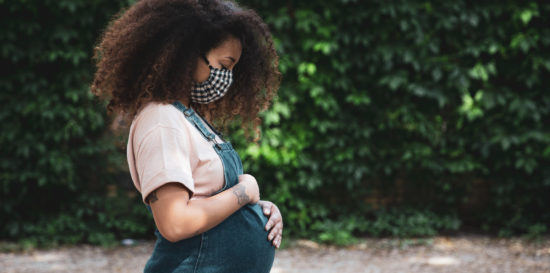An independent regulatory body for health and social care in England found that women’s experiences of maternity care in England in early 2022 were worse than five years previously.
Last week, the Care Quality Commission (CQC), the independent regulator of health and social care in England, released their findings on a survey they had carried out on women’s experiences of maternity care in England in early 2022.
The CQC found that people’s experience of maternity care has got worse over the last five years. It suggested that some experiences of maternity services aren’t back to pre-pandemic levels of care. Those included care during labour and birth and postnatal care at home and in hospital.

Our Chief Executive, Angela McConville, said: “Maternity services in England are categorically falling short of women’s expectations. A woman who gives birth today may have a worse experience of NHS maternity services than if she gave birth five years ago. Time usually leads to progress, but we’re seeing the opposite.
“Today, women are less likely to report getting the help they need during labour, birth and antenatally, to get information to make informed decisions about their care and to feel that any concerns about their care are taken seriously.
“This is not all the impact of the Covid pandemic but is directly associated with long-term under-investment in the staffing of maternity services.
“It is a testament to the many hard-working individuals in the NHS that most women were positive about their interactions with staff, but urgent action is needed to support staff to deliver high-quality, safe and personalised maternity care for every woman.
“Lockdown-era postnatal policies must end now. It is unacceptable that less than half of women say that their partner or someone close to them was able to stay with them as much as they’d like after giving birth. Trusts must immediately enable partners’ presence at in-hospital postnatal care so that mothers are never left without food and water, emotional support, access to a bathroom and help to lift and feed their baby.”
You can read the full report here.
A report has also being released this week from the Institute of Health Visiting, showing that more investment in workforce recruitment and training for this vital service is needed. You can see what our Chief Executive, Angela McConville, said about it.